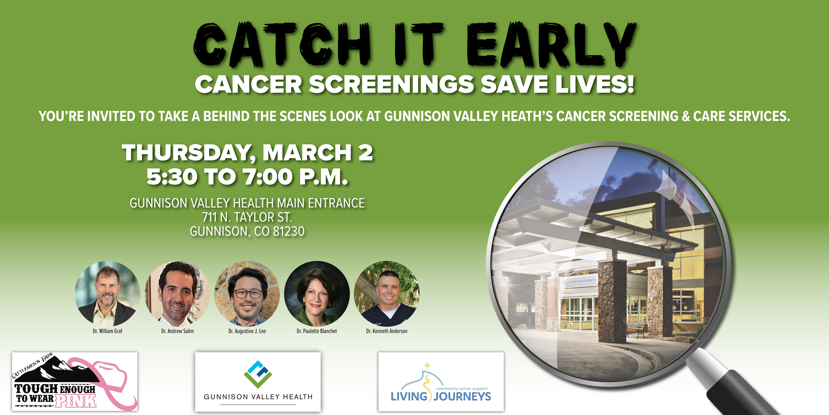What is a Heart Scan?
Cardiac CT for calcium scoring (or heart CT scan) is a 10-15 minute non-invasive test to determine the level of calcium in the coronary artery of your heart. The coronary arteries are the vessels that supply oxygen-rich blood to the heart. Plaque — made of fat, calcium and other substances — can build up and narrow or close the arteries. The coronary calcium scoring test allows doctors to look at the arteries of your heart from outside the body to check for blockages that cause heart attacks. This simple, non-invasive and painless procedure can detect the presence of coronary artery disease long before it becomes symptomatic.
By catching heart disease early through Coronary Calcium Scoring, preventative measures can be taken to reduce the risk of a heart attack and sudden cardiac death.
Who should have the calcium scoring test?
Coronary calcium scoring is for adults within 45-80 years old who have one or more risk factors for heart disease, such as:
- High blood pressure
- High cholesterol
- Family history of heart disease
- Diabetes
- Obesity
- Tobacco use
The coronary calcium scan is a better predictor of coronary events than cholesterol screening or other risk factor assessments and could save your life.
What are the benefits of a cardiac CT calcium scoring test?
- Cardiac CT for calcium scoring is a convenient and noninvasive way of evaluating whether you may be at increased risk for a heart attack.
- The exam takes little time, causes no pain, and does not require injection of contrast material.
- An CT scan takes less than 20 minutes and you can return to normal activities immediately afterward.
- No radiation remains in a patient's body after a CT examination.
- X-rays used in CT scans should have no immediate side effects.
How much does this test cost?
This test does not require a doctor’s order and only costs $149. You can check with your insurance provider to see if this test is covered in your plan.
For more information, speak to your physician. To make an appointment contact Gunnison Valley Health’s Diagnostic Imaging Department at (970)-641-7253.
-

-
Excellent Radiology Technician Radiology
“The Radiology Technician was excellent in helping me to move slowly and carefully in order to avoid pain. She was very gentle ...
-Submitted by Anonymous -
Pleasant Mammography Experience Mammography
"Lovely, welcoming people at the front desk. Everything was ready to go when I arrived. Most pleasant place I’ve ever had ...
-Submitted by Anonymous -
Added to my Comfort Radiology
Staff person conducting the MRI provided a warm blanket to add to my comfort during the procedure. He did an excellent job of ...
-Submitted by Anonymous -
Can't Say Anything Negative Radiology
Staff was truly professional and knowledgeable during my imaging procedure. Can't say anything negative!
-Submitted by Anonymous -
So Grateful Radiology
The service from every person involved was incredible. I am so grateful for each person on the team.
-Submitted by Anonymous -
Highly Trained Staff Radiology
Staff was highly trained providing excellent care.
-Submitted by Anonymous












